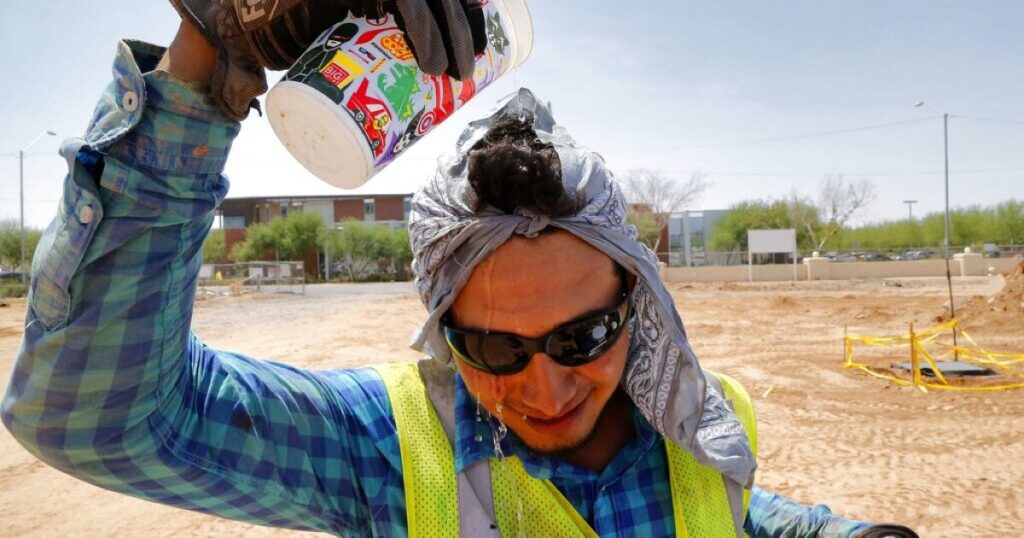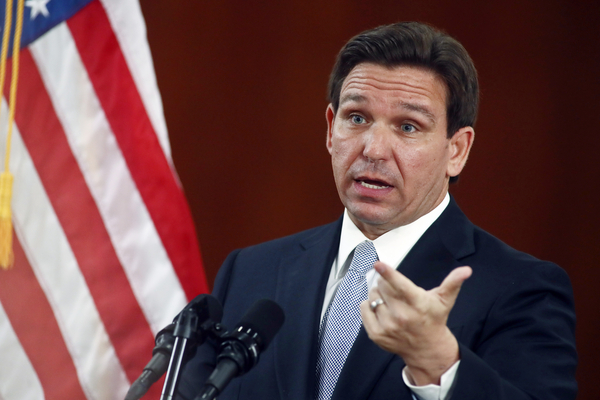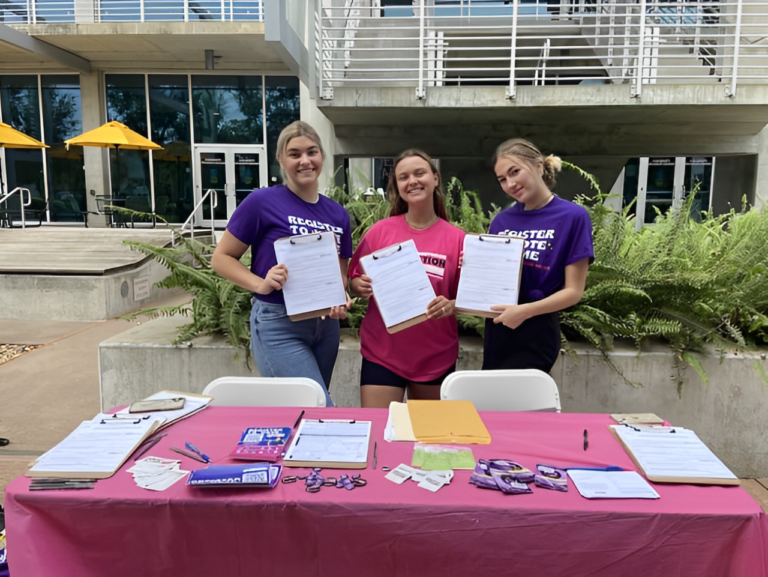In a recent development, Florida has passed a new law that prevents local governments from enforcing heat protection measures for outdoor workers. This decision comes after Republican Governor Ron DeSantis signed House Bill 433 into law. Florida now joins Texas as the second state to implement such a ban.
The law, which will take effect on July 1, imposes several restrictions on city and county governments. One major aspect of the law is its prohibition on setting heat exposure requirements for outdoor workers that are not already mandated by state or federal laws.
Representative Tiffany Esposito, who sponsored the House version of the bill, emphasized that the legislation aims to support businesses and job opportunities while maintaining worker safety.
She highlighted the importance of providing good job opportunities for Floridians to ensure their well-being and prosperity.
Florida’s outdoor workers, including those in construction and agriculture, face significant challenges due to the state’s hot and humid climate. With temperatures often reaching up to 95 degrees Fahrenheit or more during the summer, protecting workers from heat-related illnesses is crucial.
House Bill 433, also known as the Employment Regulations Bill, covers various aspects related to employment regulations.
One key provision prohibits local governments from requiring employers to implement heat exposure protections beyond what is already mandated by state or federal laws. Additionally, it prohibits giving preferences to employers based on their heat exposure requirements in competitive solicitations.

The decision to regulate heat exposure protections stems from concerns raised by the Occupational Safety and Health Administration (OSHA) about workplace safety. While Florida does not have a statewide standard for heat exposure protections, the bill aligns with OSHA guidelines on the subject.
Related Articles:
- Florida Faces Invasion of Oversized Grasshoppers
- 5 Must-Visit Historic Restaurants in Florida
- New Laws in Florida Aim to Protect Police Officers and First Responders
This move by Florida follows a similar decision by Texas last year, which also banned local governments from mandating protections for outdoor workers. These developments raise concerns about the ability of local authorities to address workplace safety issues effectively.
As the implementation date approaches, discussions around worker safety and the impact of these laws on vulnerable workers are likely to continue. It remains to be seen how businesses, workers, and local communities will adapt to these changes and ensure the well-being of outdoor workers in hot climates like Florida and Texas.







+ There are no comments
Add yours